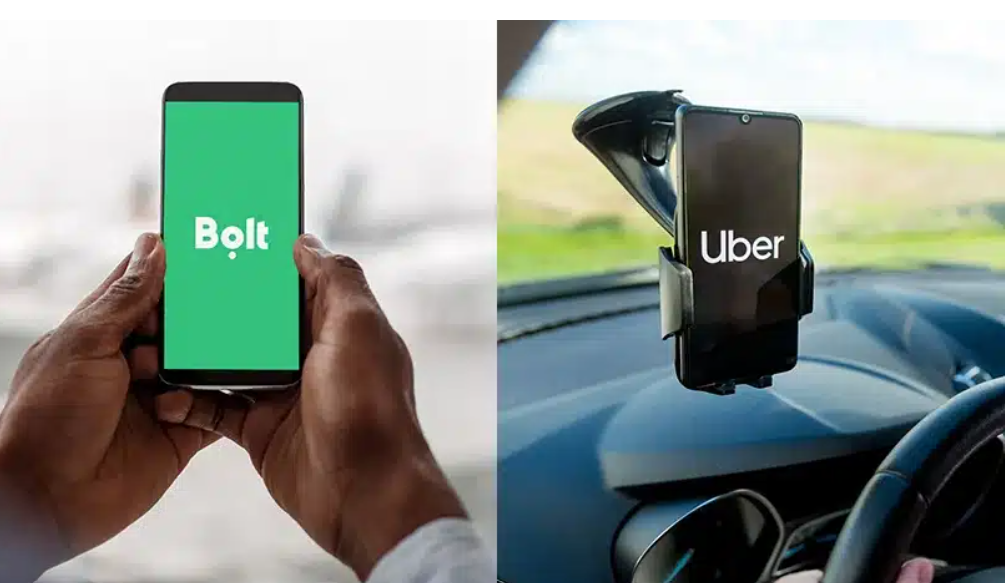Drivers working with ride-hailing giants Uber and Bolt in Lagos are calling for the introduction of a ₦2,000 ride cancellation fee. This demand, they argue, addresses growing frustrations over losses incurred from last-minute rider cancellations—a common occurrence exacerbated by Lagos’s infamous traffic and time lost in futile pick-ups.
The drivers’ grievances stem from broader economic challenges, including soaring fuel prices following subsidy removal, inflation, and mounting vehicle maintenance costs. These issues have placed immense strain on their livelihoods, sparking periodic calls for higher pay and improved policies from the platforms.
While the drivers believe the proposed fee would deter passengers from cancelling rides frivolously, concerns about potential abuse on both sides persist. Riders have frequently expressed frustrations over sudden driver cancellations or delays that could similarly exploit the fee system.
Neither Uber nor Bolt has officially commented on the proposed policy. However, the platforms face a delicate balancing act—ensuring fair compensation for drivers while maintaining affordability and trust among passengers.
With Lagos’s challenging economic conditions, this ongoing debate highlights the complexities of sustaining ride-hailing services in one of Africa’s busiest cities.




